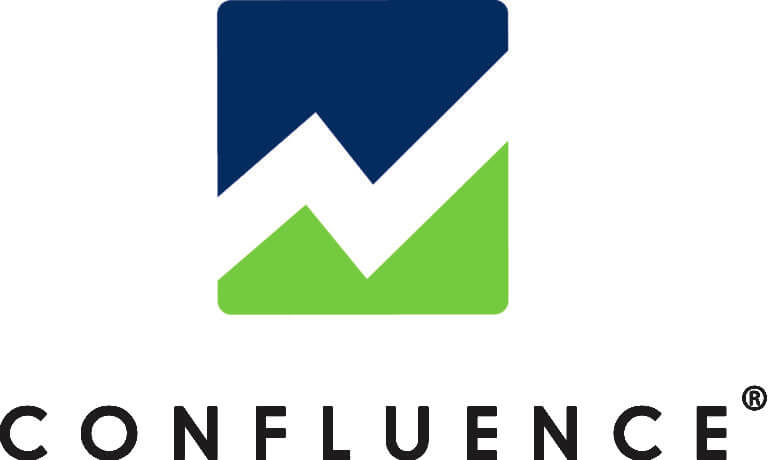
With the rising cost of living in the UK, many consumers are keeping regular tabs on their spending and looking for ways to cut costs when taking care of and maintaining their homes.
With this in mind, Chris Lear, Managing Director of insurance broker One Sure Insurance, has shared his top five tips for saving money on home insurance this year.
Pay for your insurance annually
Many people often pay for their home insurance monthly to make the costs more manageable. However, some insurers will include an admin fee when paying in instalments, alongside charging monthly interest on top of each payment.
Home insurance premiums increase by around 10% on average with monthly payments, so annual payments can often work out as a cheaper solution.
For those who might struggle to pay the full cost of their policy upfront, consider paying in full using a low or 0% interest credit card to take advantage of the cheaper annual rates, and then pay off this credit card each month.
Install safer locks and home security devices
While it may sound obvious, safer locks can drastically lower the cost of your policy, as it demonstrates to your provider that you are proactively reducing the risk of a break-in and needing to make a claim.
A five-lever mortice deadlock that conforms to British Standard 3621 is considered the most secure type of lock not just by insurers but the police as well. If you can evidence that you have one installed on your front door, you are likely to bag a cheaper policy from your provider.
It’s worth checking whether you already have one installed at your property when applying for cover, but failing this, you can purchase one online for between £25 and £60.
It is also worth investing in home security devices such as a burglar alarm, as insurance providers can also offer lower rates if these are fitted. Other security options that can reduce home insurance rates include surveillance cameras, window locking mechanisms
Specify what sort of cover is needed
Whether looking for building cover to protect your physical property or contents cover for your personal belongings, make sure to be specific about what the insurance is for.
Over-insuring can increase the total cost of your insurance policy and means customers often end up paying more than is necessary.
Make sure to determine exactly how much of the building needs to be covered by insurance, or which belongings will be included under contents cover. Many insurers offer combined building and contents insurance at a discount, which can prove cheaper than buying both separately.
Increase your insurance excess
When taking out an insurance policy, you often agree to pay an excess in the event that you need to make a claim. Compulsory excess is the amount set by the insurer that you need to pay out of your own pocket if you make a claim, while voluntary excess is the amount you can choose to pay.
When taking out a policy, consider increasing the amount of voluntary excess that you are willing to pay, as this can lower the overall cost of the policy. This is because insurers do not have to pay out as much money should you make a claim with them.
Just be mindful that this will cost money further down the line if you do end up making a claim, so you should weight up the financial risk associated with this.
Take care of your home
You can often save money on home insurance by simply making an effort to look after your home. Maintenance including repairing weather damage, ensuring pipes are well insulated, and monitoring trees that could cause future damage, are all ways to lower the rate of your policy.
Again, this demonstrates to the provider that you are taking care of your property and means you are less likely to make a claim with them. Make sure to inform your provider of any home improvements, you have made, as this can affect how much you should be charged.
Compare different insurance providers to see how home upgrades will impact your home insurance rate, or whether you should hold off on certain renovations to prevent increasing your policy costs.
























